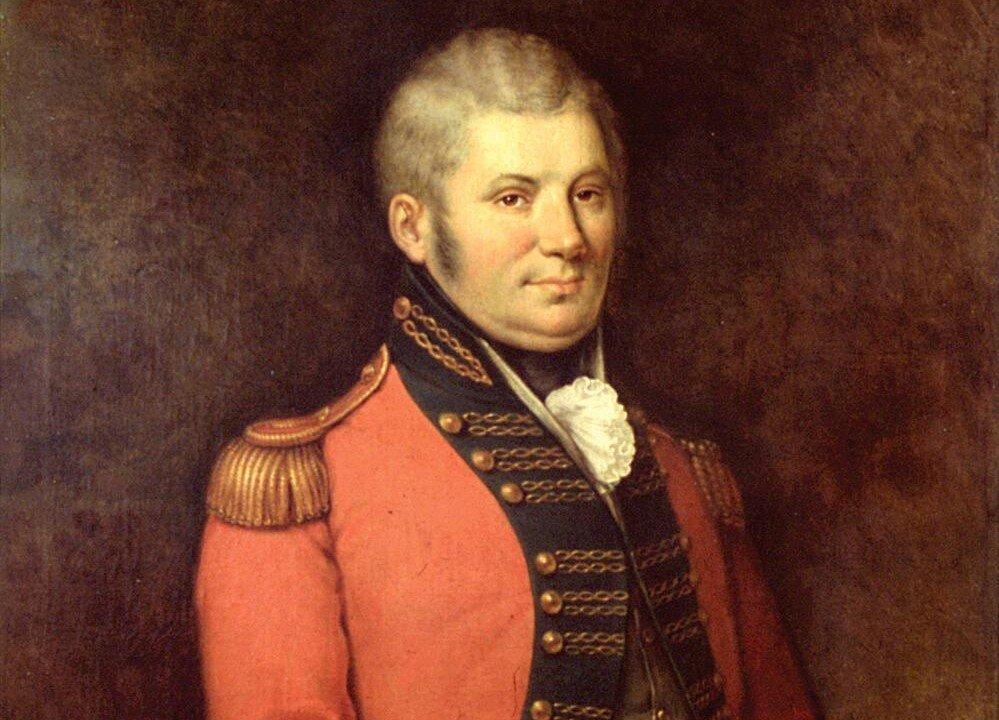Commentary
Are you happy with how Canada is governed? If so, I might engage in unkind reflections on the quality of your information or judgement. But if not, let’s engage in fundamental reflections on the source of the problem.

Are you happy with how Canada is governed? If so, I might engage in unkind reflections on the quality of your information or judgement. But if not, let’s engage in fundamental reflections on the source of the problem.